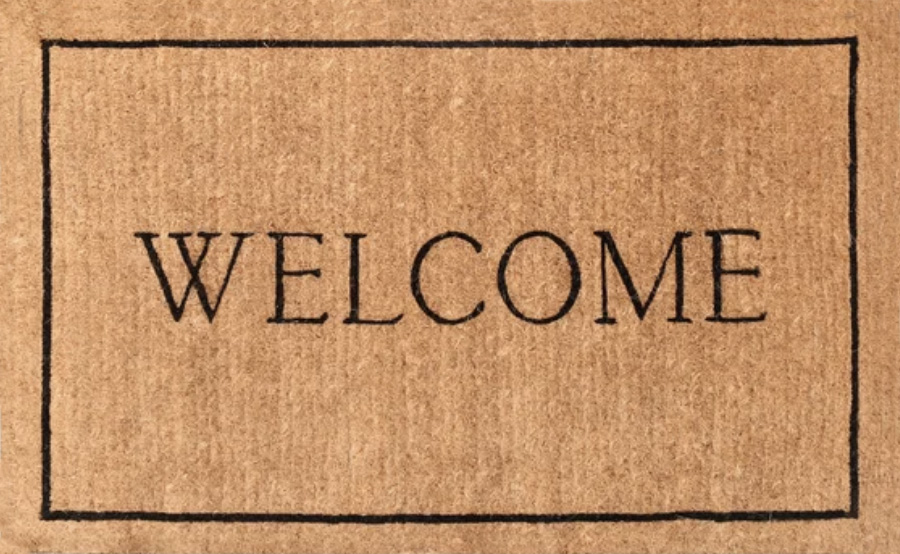Your cart is currently empty!
ASK BABS Do The Right Thing

Dear Babs,
My friend recently inherited some African and Native American masks from her uncle and is concerned with talk in the news about demands for museums to return items to their indigenous owners/countries of origin. She doesn’t think the masks are looted and loves them, but doesn’t want to keep them if they are essential to another culture. What should she/we do?
—Anxious Artifacts in Akron
Dear Anxious, If only everyone approached inherited artifacts with the same concerns as your friend. Hopefully, the masks are just tourist souvenirs or artworks made by modern or contemporary artisans. But there’s a chance they could mean the world to another group of people who want and deserve them back.
If what you might call a “mask” is made by the Hopi tribe, and in reality is the embodiment of a specific Kachina spirit, then taking an actual Kachina ceremonial artifact from the tribe and displaying it outside its intended context is akin to physically kidnapping a close friend. Your friend does not and should not own a ceremonial Hopi Kachina mask or anything like it.
To avoid this scenario, you should start by determining the history of each mask, where it came from, who made it and its cultural significance. The National Museum of the American Indian can provide an excellent introduction to the many mask-making traditions of Native American tribes. While the Met and the British Museum’s websites have plenty of examples of masks from the continent of Africa, keep in mind they have built their collections from thousands of stolen artifacts long due for repatriation. In fact, if any of “your” masks look like “their” masks, you too might own something you shouldn’t.
At the same time, you need to research the provenance of each mask and gather all evidence of how it came into your friend’s possession through her uncle. But remember, just because something was acquired “legally” back in the day, doesn’t mean you have the right to own it now. A good rule of thumb is that if one of the masks looks older than your friend’s uncle before he passed, you’re obliged to uncover its history and get advice from indigenous experts on its need for repatriation. In this case, you should consider contacting organizations like the Association on American Indian Affairs or Open Restitution Africa. Sending them an email is easy. Ultimately, if the masks are indeed of significant cultural importance and should be returned, your friend should celebrate the opportunity to do the right thing and send them home.